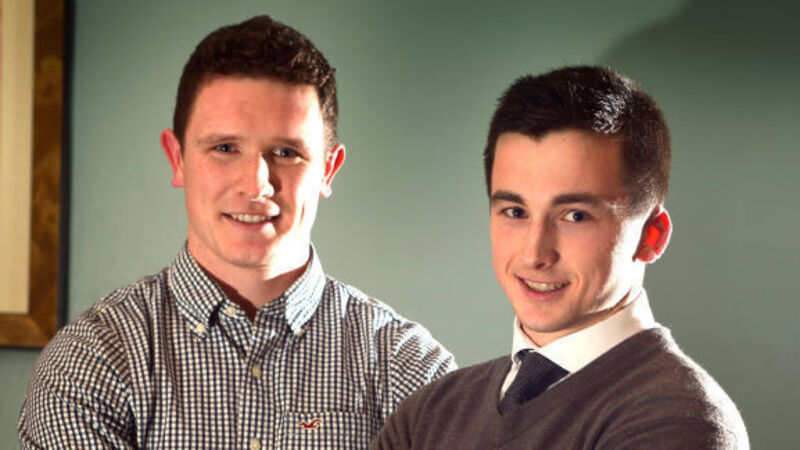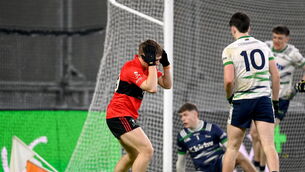When Paul Murphy met Paul Murphy

Dopplegangers they ain’t, but they’ve more in common than names. After All-Ireland winning campaigns, they met on neutral ground in Cork to discuss 2014, the benefits of behind-closed-doors training, Twitter and next season
John Fogarty: Let’s get the novelty out of the way. When would you have first noticed one another?













